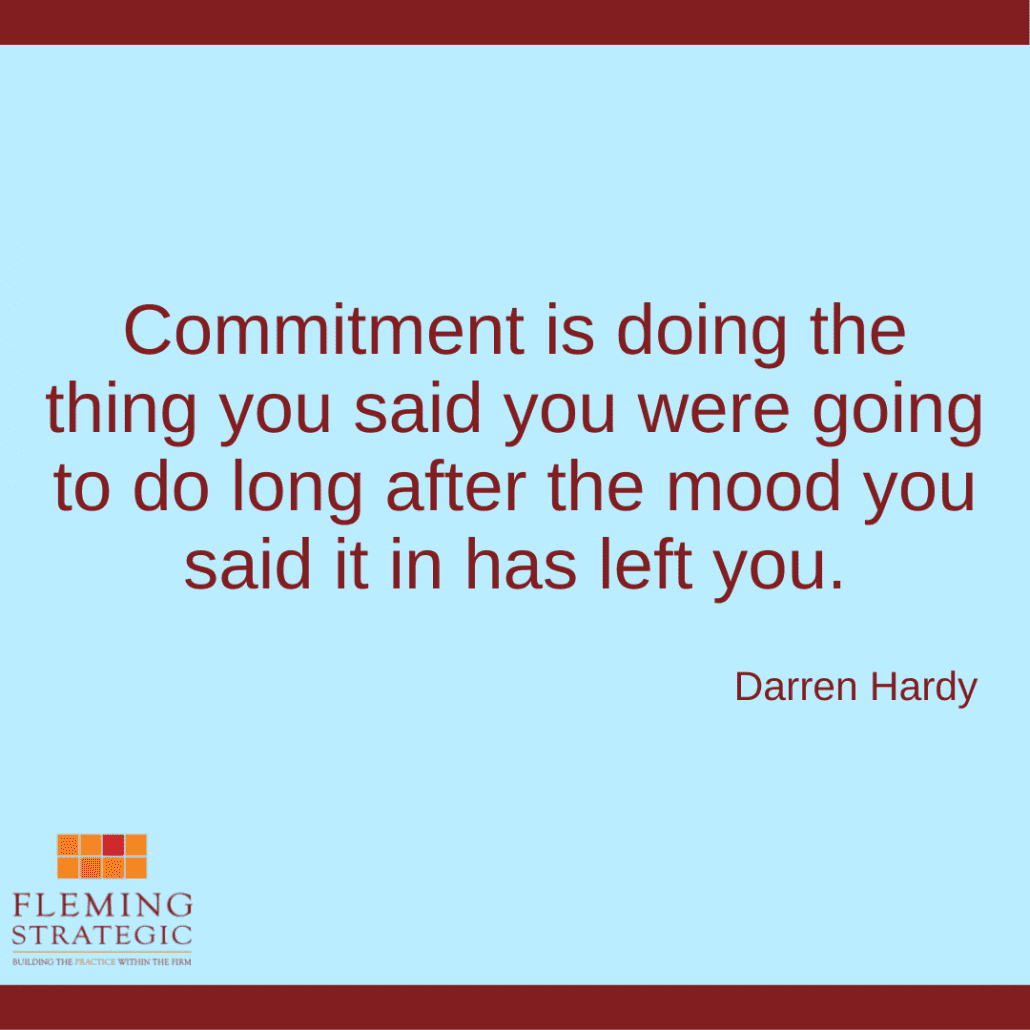What To Do When You Don’t Get The Matter.
One of my clients (let’s call her Renée) had a major disappointment recently. She had been courting a potential client (let’s call it ABC Corp.) for quite some time, and all the signs indicated that she would be tapped to handle a major piece of litigation. And then, instead of returning the engagement letter, ABC Corp. called Renée to share the news that another lawyer had landed the matter instead.
Certainly, a painful moment.
To her credit, Renée took the opportunity to ask what she could have done differently. ABC Corp. was pleasant and gave some answers that were plausible but didn’t quite ring true to Renée, and then the call was over.
Now what? What should you do next when you’ve lost a potential client?
- Find out why, if possible. Since the answers Renée received didn’t ring true to her, we stepped back to consider what the real reasons might be. Money is always a likely suspect, so we discussed how the competitor lawyer may have structured the winning fee proposal and whether/how that should affect what Renée does. We also discussed other possibilities like a long-term relationship between the GC, a perception that the other lawyer has more experience, and a few other factors.
- Evaluate your own performance. Would you, with the benefit of hindsight, change anything about the way you approached the potential client and matter? Would you change the make-up of your pitch team? Were there any awkward moments you would seek to avoid next time? Did you spot a way to improve your marketing materials?
- Determine your next steps with the would-have-been client. How far has this ship sailed? In other words, do you expect a future opportunity to arise with this client? (For Renée, there’s always the possibility of more litigation; if the matter was the sale of a business, what potential might exist with the successor?) Based on how the process proceeded and was completed, should you continue to court the would-be client, should you consider asking for a referral, or should you let things lie for the time being?Whatever your answer, unless you decide to take no further action (which in the majority of cases is not the best decision), sketch out your next steps and put dates or time-frames on your calendar.
- If you’re taking the loss hard, remember this quote from Pat Summit: “Left foot, right foot, breathe.” In other words, keep going. Don’t let one loss, even a painful one, knock out your drive to build your practice.
Rejection of any kind is unpleasant, so make sure you learn as much as you can from losing a matter to help you improve your business development skills.

